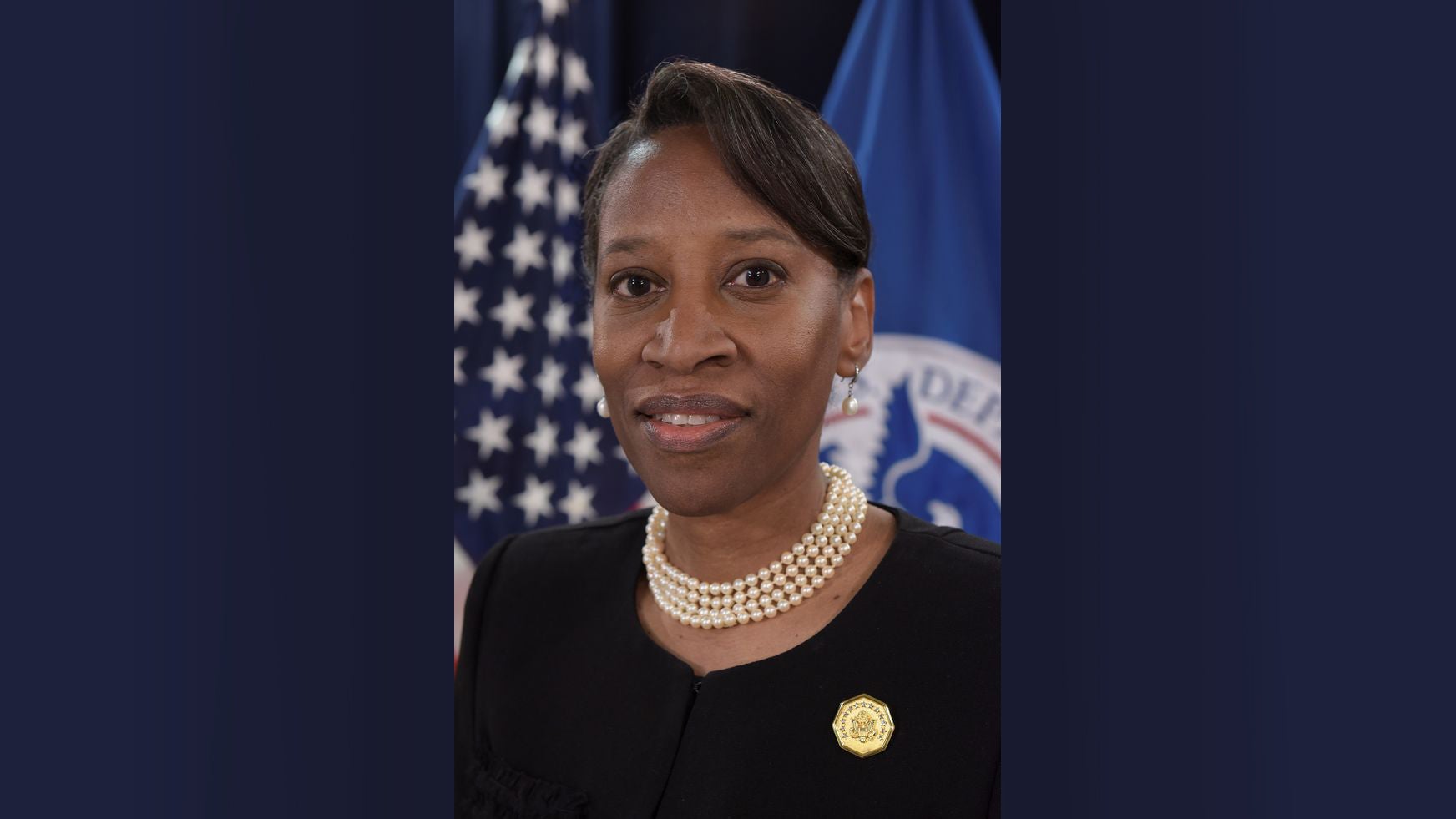Former Army JAG Confirmed for Top Military Court
Former Army JAG Confirmed for Top Military Court

A retired Army legal officer confirmed by the Senate to serve on the U.S. military’s highest court says service members “deserve nothing less than a military justice system that is strong, fair and full of integrity.”
Chosen to fill an empty seat on the U.S. Court of Appeals for the Armed Forces, which has appellate jurisdiction over cases involving the Uniform Code of Military Justice, retired Col. Tia Johnson served 30 years in uniform in a trailblazing career that included becoming in 2002 the first Black woman to be promoted to colonel in the Army Judge Advocate General Corps.
The Senate on Dec. 15 confirmed her nomination with a 76-20 vote. Once sworn in, she’ll become the first Black woman to serve on the court.
“I served with soldiers, sailors, airmen and Marines around the world, in garrison, contingency operations and in combat zones, and every day I saw how exceptional the members of the armed forces are,” Johnson told the Senate Armed Services Committee earlier this year during a hearing on her nomination. “But, as a judge advocate, I also advised commanders regarding service member misconduct. These experiences reinforced the importance of balancing the need for good order and discipline with protecting the rights of service members.”
Created in 1950, the military court consists of five civilian judges, each appointed to 15-year terms. There has been a vacancy since August 2021 after the term of Senior Judge Scott Stucky expired. The court’s decisions are subject to direct Supreme Court review.
“The court’s most significant duties are to review cases in which a Court of Criminal Appeals affirmed a death sentence, to review cases that a Judge Advocate General has certified to the Court, to review petitions for grant of review, and to review cases in which it chooses to exercise its discretionary jurisdiction,” she said in a written statement to the committee where she described serving as a prosecutor, handling both criminal prosecutions and civilian litigation, in a military career that included serving as the senior lawyer for many commands.

